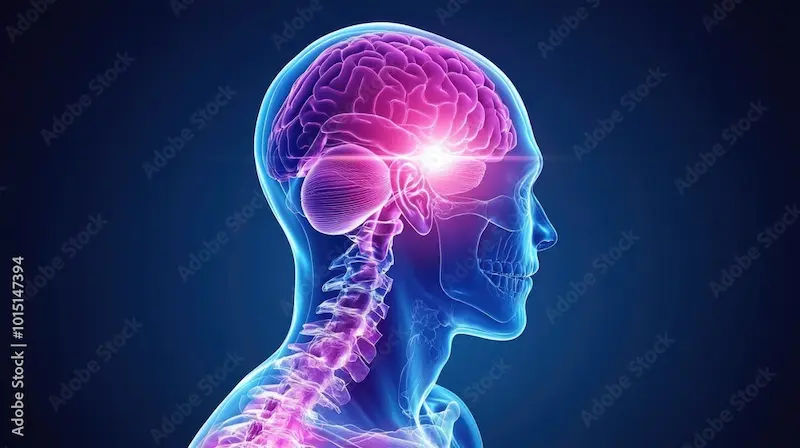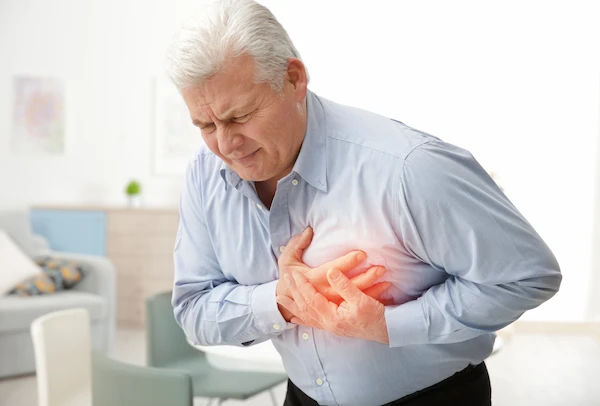- Male
- 45 Years
- 07/02/2025
I'm curious about my health situation. I've been on Amcard for the past 10 years, but this year my blood pressure isn't controlled. I recently did a lipid profile, and while my cholesterol level went down from 210 to 165, my triglycerides have gone up from 135 to 195. I also drink about 200 ml of alcohol every day and have been doing so for the last 30 years. Could this be affecting my test results, and should I be concerned or make some changes?
Answered by 1 Apollo Doctors
Alcohol intake can significantly impact triglyceride levels. I recommend reducing your alcohol consumption to help lower your triglyceride levels. In addition, you can discuss with your doctor about adding a medication like Atorvastatin to help lower your triglyceride levels. The usual dosage for Atorvastatin is 10-80 mg per day, depending on your specific needs. Regular monitoring and follow-up with your healthcare provider are essential to manage your blood pressure and lipid levels effectively.
Dr. Kareemulla Suggests...
Consult a Cardiologist
Answered 04/07/2025
0
0

More Cardiology Health Queries
View allI'm trying to figure out if it's safe to include curd or milk in the diet for someone with high triglycerides and high LDL cholesterol. Is there any benefit or should they be avoided?
For individuals with high triglycerides and LDL cholesterol, low-fat or fat-free milk and curd can be a better option, as they are lower in saturated fats and calories compared to full-fat dairy products; however, it's essential to choose unflavored, unsweetened, and low-lactose options to minimize added sugars and calories.
Answered by 1 Apollo Doctors
I'm a bit concerned about my heart health. A year and a half ago, I was diagnosed with sinus arrhythmia, and my doctor put me on Vodafone 100. Since then, I've been taking the medication regularly, but my recent Holter report shows sinus bradycardia. Everything else like my lipid, liver, thyroid, and kidney profiles are normal, so I'm confused about what's going on. Could this be related to the medication, or is there something else I should be aware of? What steps should I take next?
Its time to switch or taper the drug that you are using,visit Cardiologist for appropriate management
Answered by 1 Apollo Doctors
I'm a bit concerned after my recent health check-up. My ECG showed moderate ST depression, but my 2D Echo came out normal. My blood pressure was also 14590. The doctor said it might be due to anxiety and stress. Could this really be the cause, or should I be worried about something else? Any advice would be appreciated.
Yes that could be due to aniety no need to worry as your 2D echo is normal ,maintain healthy life style and follow your doctors advice
Answered by 1 Apollo Doctors
Disclaimer: Answers on Apollo 247 are not intended to replace your doctor advice. Always seek help of a professional doctor in case of an medical emergency or ailment.



_2.webp)
.webp)
